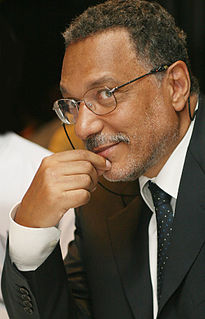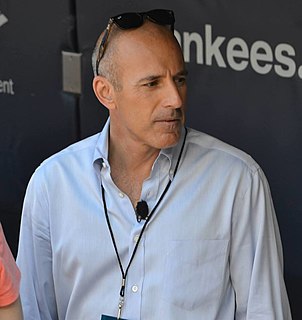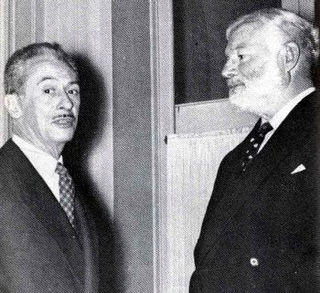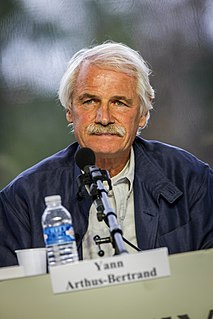A Quote by Yanni
I don't want problems solved for me. I want the fishing rod, not the fish.
Related Quotes
I was asked why I did not give a rod with which to fish, in the hands of the poor, rather than give the fish itself as this makes them remain poor. So I told them: The people whom we pick up are not able to stand with a rod. So today I will give them fish and when they are able to stand, then I shall send them to you and you can give them the rod. That is your job. Let me do my work today.
There is no need for an end to fish, or to fishing for that matter. But there is an urgent need for governments to free themselves from the fishing-industrial complex and its Ponzi scheme, to stop subsidizing the fishing-industrial complex and awarding it fishing rights, when it should in fact pay for the privilege to fish.
My struggles have been around protecting our air quality, protecting people from mercury in fish. I was very involved in the effort to get the FDA to recognize that mercury in fish is a real health issue and the FDA, you know, needed to be on that. But they were very tight with the fishing industry and did not want the public to be aware in the same way that they later didn't want the public to be aware of the problems with Vioxx, and they sat on the studies for many years and allowed 140,000 people to develop heart disease.
To politicians, solved problems represent a dire threat - of unemployment and poverty. That's why no problem ever tackled by the government has ever been solved. What they want is lots of problems they can promise to solve, so that we'll keep electing them - or letting them keep their jobs in a bureaucracy metastasizing like cancer.




































